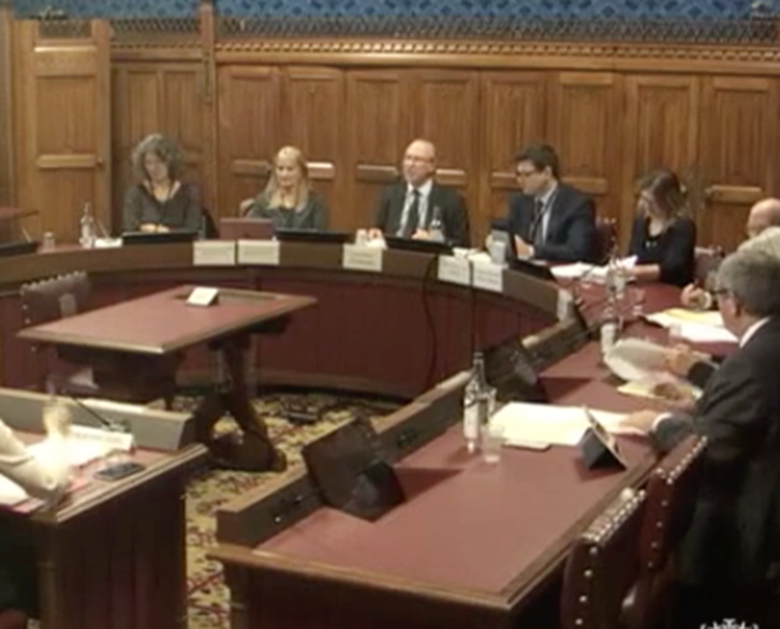Internet lessons must be part of compulsory PSHE, peers say
Neil Puffett
Tuesday, March 21, 2017
Digital literacy should sit alongside reading, writing and arithmetic as the fourth pillar of a child's education and must feature as part of compulsory personal, social, health and economic education (PSHE), peers have said.

A report by the House of Lords select committee on communications concludes that the skills and knowledge to critically understand the internet are vital for children to navigate the online world, as well as being an essential requirement of the future workforce.
It adds that children need support in developing their critical thinking and understanding the accuracy of online information and it should form part of the curriculum.
"Therefore, online responsibilities, social norms and risks should be part of mandatory, Ofsted-inspected personal, social, health and economic education - in all schools whatever their status," the report states.
Earlier this month Education Secretary Justine Greening said that, in addition to putting sex and relationships education on a statutory footing, the government also intends to make personal, social, health and economic (PSHE) education compulsory in the future.
"The PSHE curriculum must be designed to look broadly at the issues young people are concerned about online, including compulsive use, data gathering, body image - rather than the current e-safety agenda of risk," the committee's report adds.
The committee also noted "a worrying rise" in unhappy and anxious children emerging alongside the upward trend of childhood internet use. It has called for more robust research in respect of any possible links.
The report also recommends that, irrespective of its membership of the European Union, the UK should maintain legislation that incorporates the standards set by current regulations in respect of children, including the right to be forgotten, as a minimum.
Meanwhile, minimum standards should be established by the industry for child-friendly design, content control filtering, privacy, data collection, terms and conditions of use, and report and response mechanisms for all businesses operating on the internet, public bodies and the voluntary sector.
Chair of the committee, Lord Best, said: "In the past 20 years, the internet has become an all-encompassing aspect of growing up.
"One minister described this as ‘almost the largest social experiment in history'. It is in the whole of society's interest that children grow up to be empowered, digitally confident citizens.
"This is a shared responsibility for everyone, it is essential that we improve opportunities for children to use the internet productively; improve digital literacy; change the norms of data collection and to design technology in ways that support children by default.
"We believe that children must be treated online with the same rights, respect and care that has been established through regulation in offline settings such as television and gambling.
"The government's Internet Safety Strategy is a welcome start in addressing many of the dangers children are faced with online but action must be broader than a focus on preventing harms, and it must be sustained in the long-term."
CYP Now is staging a conference Safeguarding Children in a Digital World in London on 29 March.




